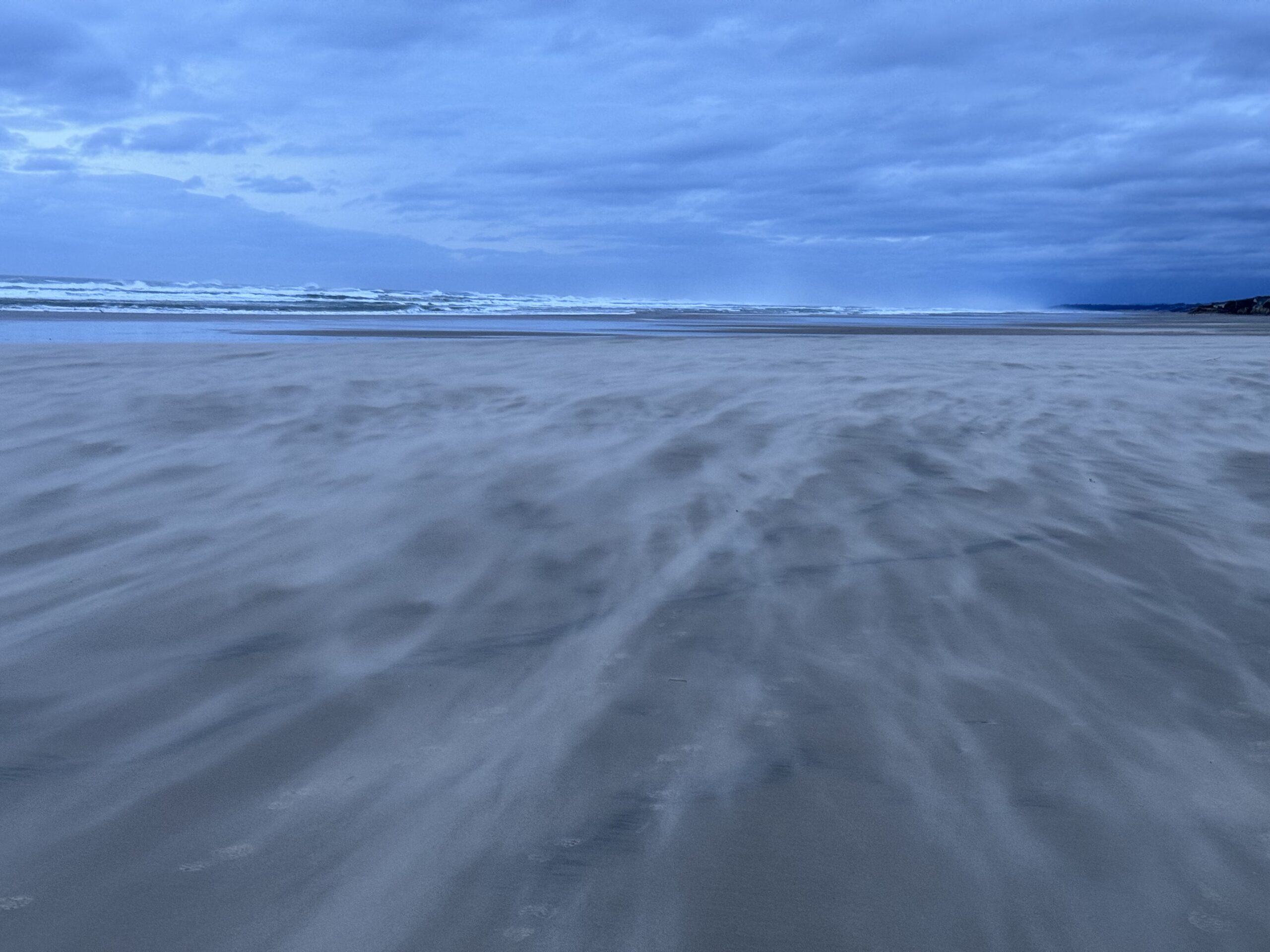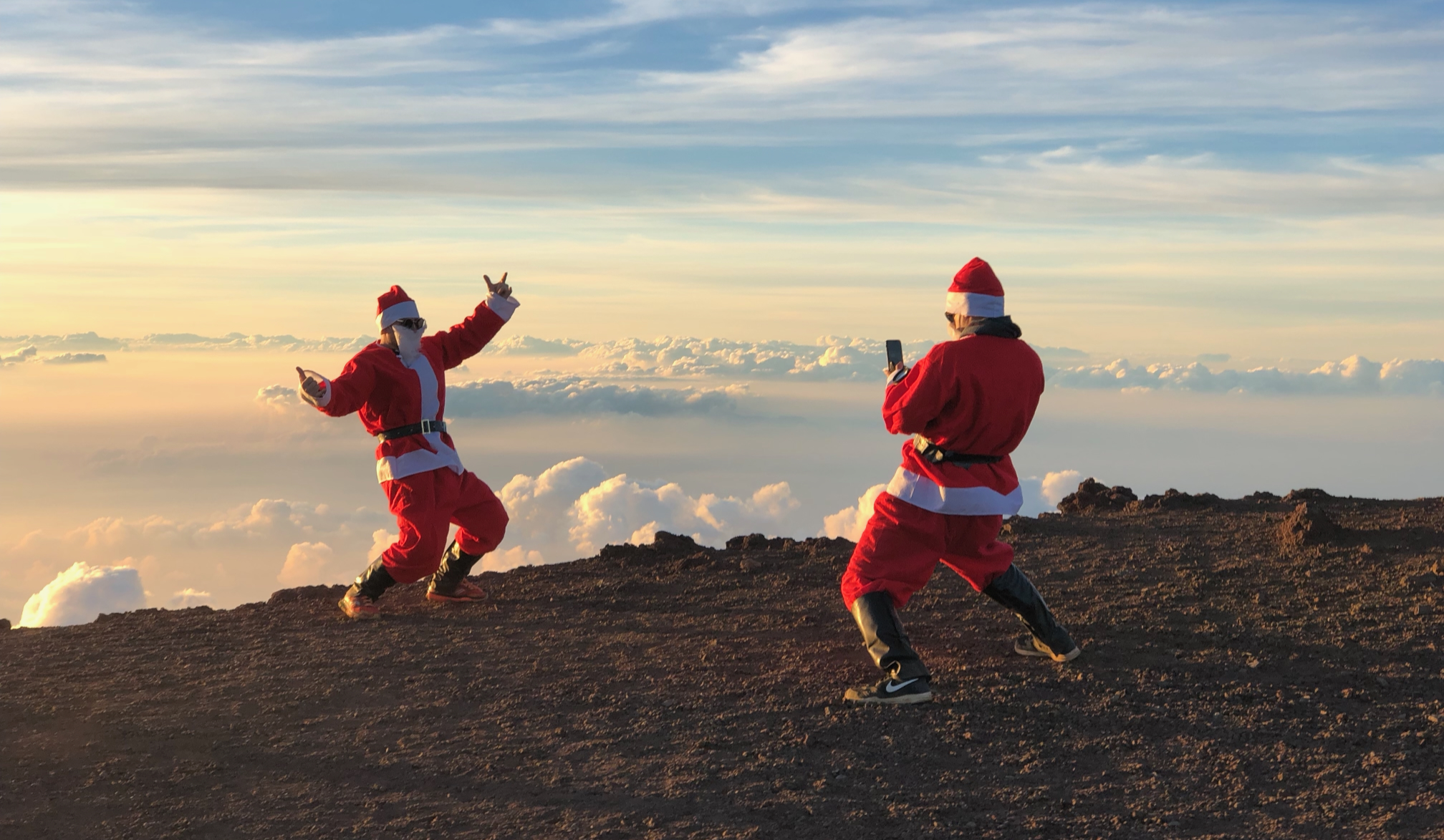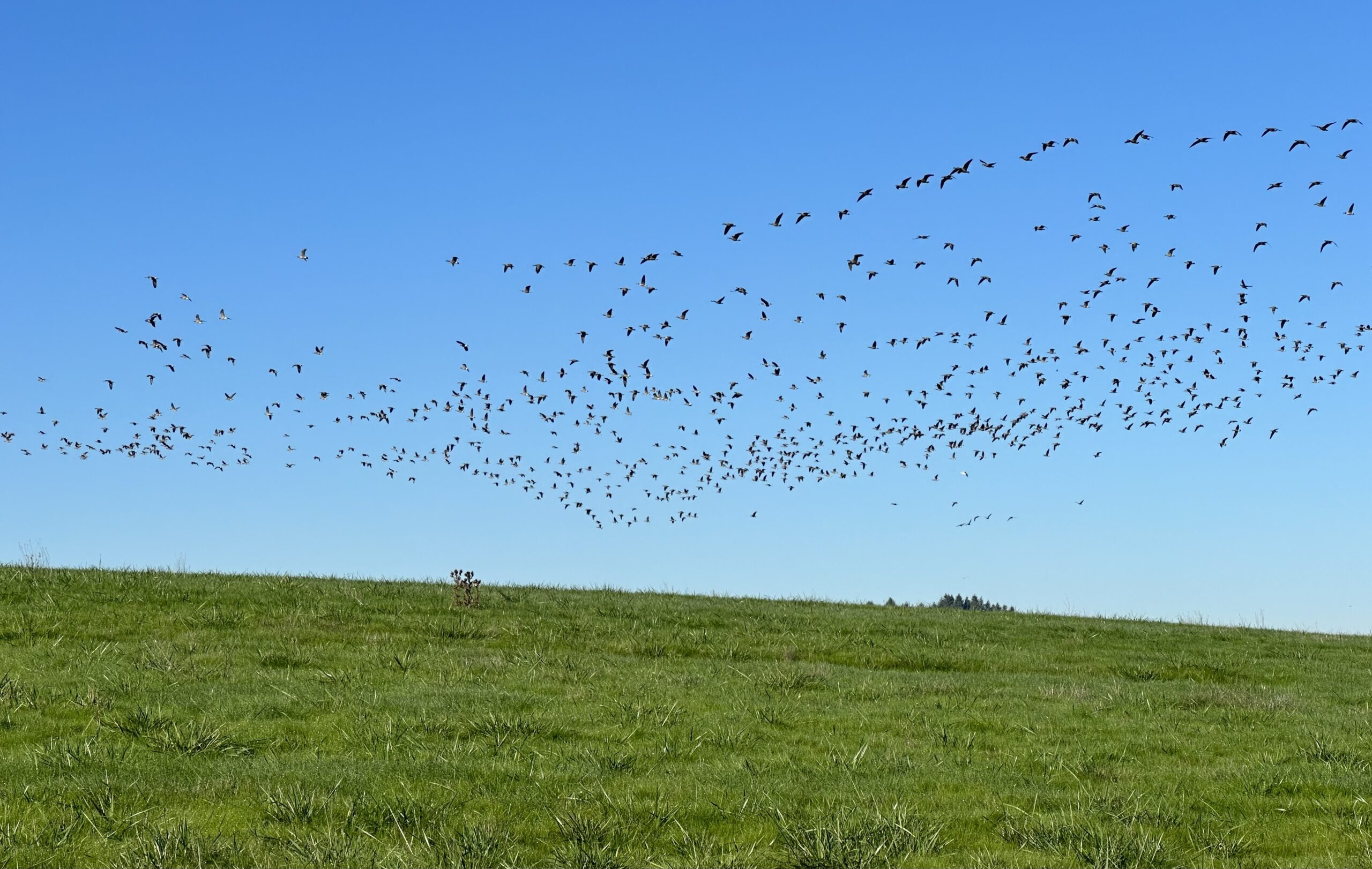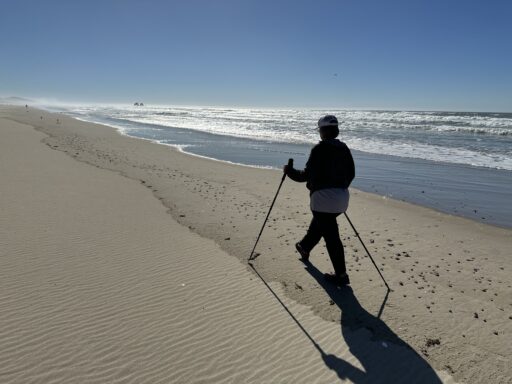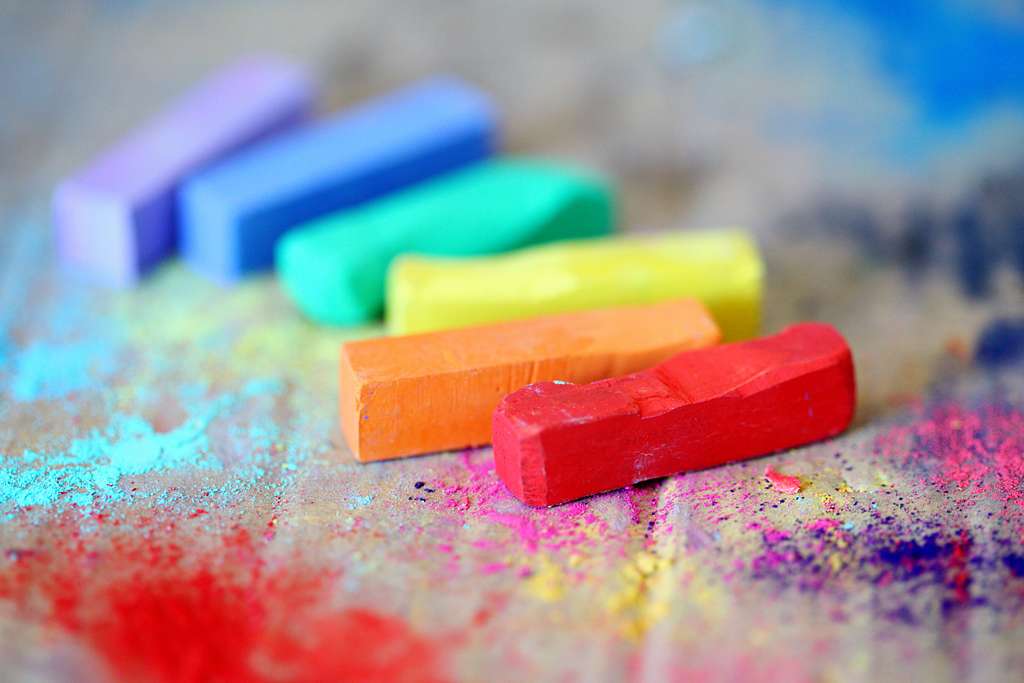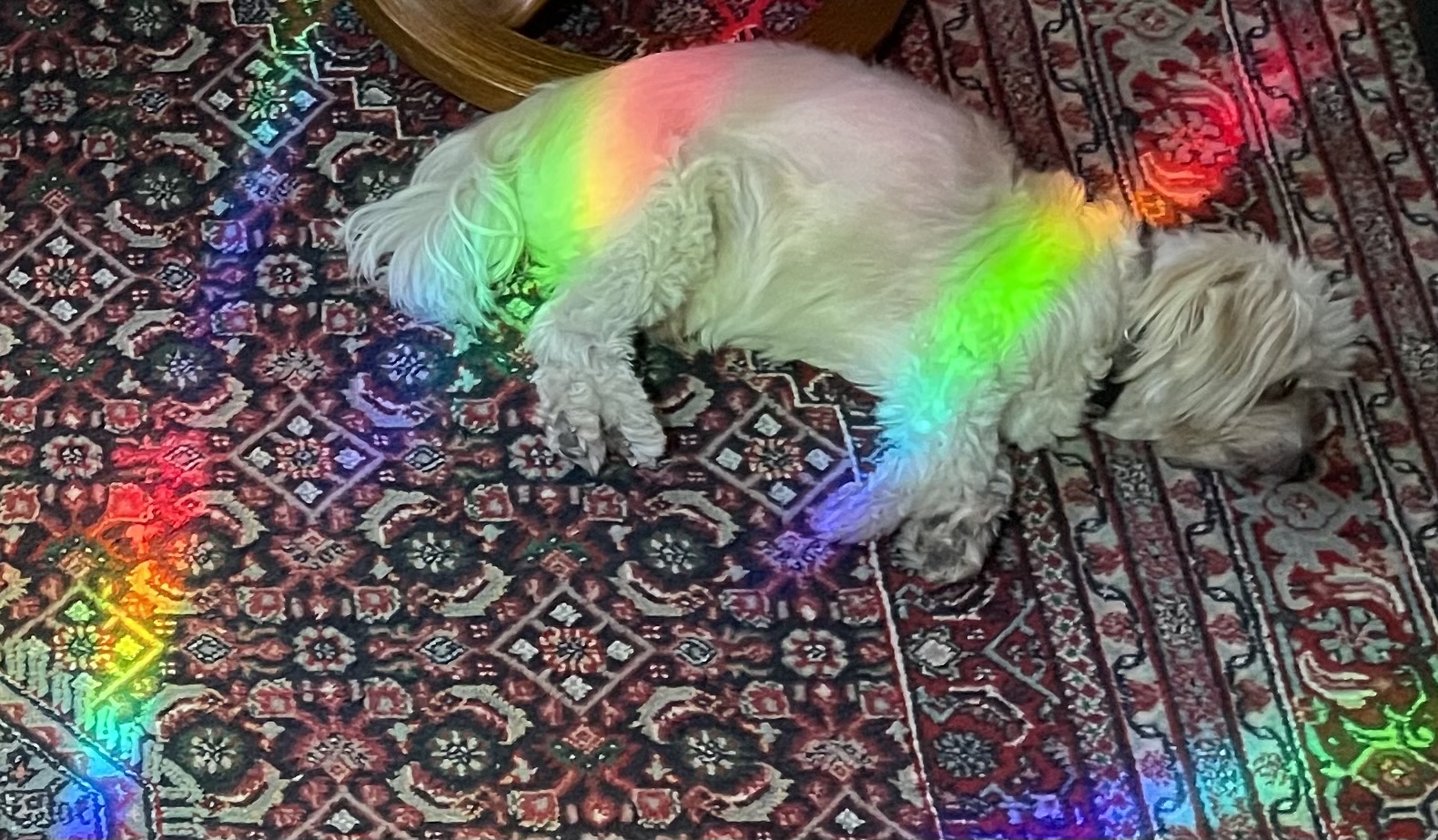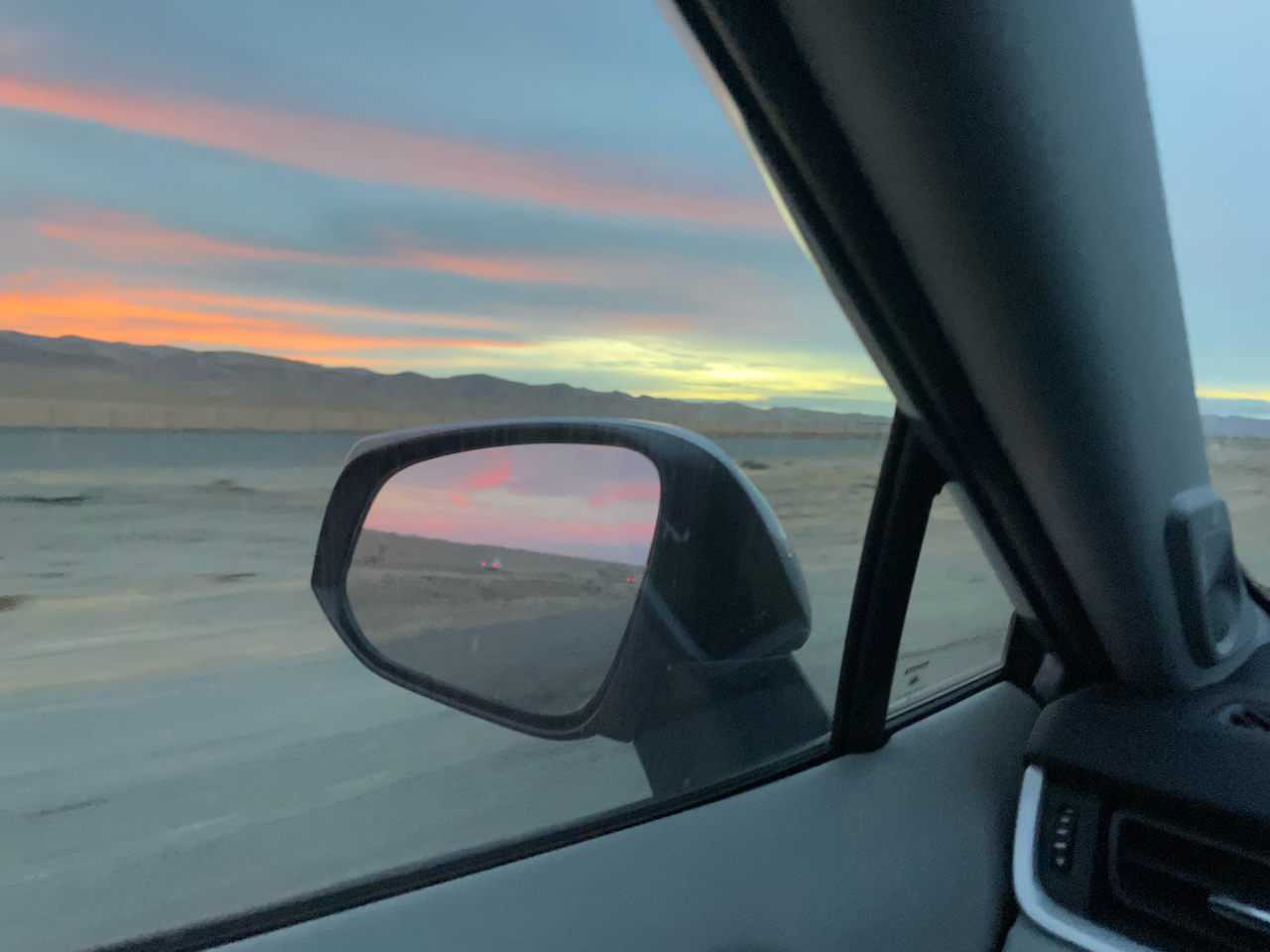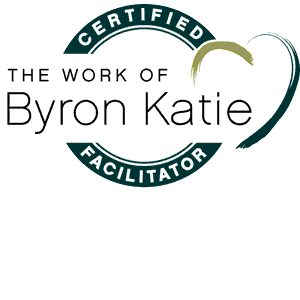
It’s official now, I have been Grandmothered. At first I had a hard time embracing that identity, but not because I’m attached to my youthful image. I passed the youthful grandmother phase long ago, landing firmly in the Great Grandmother category.
For the last ten or fifteen years almost every one of my friends has become a grandmother, usually many times. I’ve delighted in their photos and cute kid stories, from to toddlerhood through puberty and sometimes college. I’ve loved witnessing that special bond between grandchild and grandparent. I only occasionally thought I might be missing out on something. Mostly I was too busy celebrating my new life of freedom. Having spent large swaths of my life trying (and often failing) to manage my original family from afar, I was taking a big break.
Besides. both of my adult children were skittish about bringing a new being into this fragile world, and that’s been okay with me. I knew they weren’t the only ones of their generation weighing the costs of parenthood in a new light. I joyfully embraced the joys of being Not a Grandmother in other ways, seeing myself as a space holder, an elder hoping to share a bit of life wisdom in a culture gone mad.
So when my son and his partner, both in their early forties, slipped a sonagram into a slide show on Christmas Eve I was flummoxed. Once I realized what it was, I assumed that maybe it was an early photo of a new puppy to add to their interspecies family. I was totally unprepared for how my body reacted to the actual news. Something about the wonder of new life, I guess. But for a while tears kept showing up inconveniently.
In a New Year’s text strand with lifetime friends, I dropped the grandbaby news as an afterthought Everyone weighed in immediately. Holding that baby will change you, they concurred. This tickled my curiosity. Then I remembered my own grandfather, who always kind of glowed when I was around. He never stopped telling me how special I was, what a wonder: his Very First Grandchild. Like no other.
So you might say I had a few expectations during the second and third trimesters of waiting. When I tried to imagine holding a newborn, a fog would roll in. For one thing, the very fact of birth itself seemed incomprehensible. Confronted by the enormity of the reality of life, I gave up.
Then a few weeks ago it happened. Life’s biggest miracle. Birth. She is, of course, the most beautiful newborn in the world, a tiny and fragile frog, her cry like a rusty gate opening at first, building into full-throated protest. She will need that voice, I think. The world will need her voice.
So how was it to hold my one and likely only grandbaby for the very first time? At first, it was basic. Natural. But lately the epiphanies have been multiplying. I look at her classic oblong-shaped face, the one I recognize from long-gone ancestors, and I am moved by a deep connection to the flow of life through generations. And then there was the discovery that she also has a jumbo-sized little toe on the left foot like me. Okay. I may be making that up. We’ll see how this turns out.
Mostly I wonder every time I hold her what ‘s going on in her brain while she sleeps herself into readiness for this world. And then there’s that mysterious newborn smile, the one my mother explained to me as angels whispering in the baby’s ear. This is as good in my mind as any other theory, like for instance the gas and pooping hypothesis.
Because this has been a holy time. Words just can’t do it. I’m still mesmerized by the mystery of whatever world came from. Perhaps it’s because it’s a lot like where I’m going. Back to the ultimate mystery.
What does it mean to be a part of the flow of life from one generation to the next? I’m still finding out. Right now I feel more exposed, more vulnerable to the evils and craziness of this world.
But I’m also newly hopeful and motivated.
I see possibilities on the horizon. And I want that future more than ever. I want to spend my remaining time building and uplifting this world, fueled by that hope. I want to make the calls, write the letters. I also want to sing. Maybe I’ll return to my beloved women’s choir, or maybe I’ll join the Raging Grannies. A loving, raging, granny and a joyful peace warrior.
But today when I hold her tiny body I take a long whiff of her tiny fragrant head. A fragrance like no other. I’m aware that I’m breathing in the most essential scent of life itself. And this is enough. More than enough.
|
Letter to a New Life Welcome to this World, Baby J! Sorry about the rough trip, that being untwisted like a light bulb part. Your mother will be okay. More than okay it turns out. And now that your light is here, Let us tend it for a while. Let us hold your swaddled body, passing it ever so carefully, human to human. Let us hold hope in our arms for this moment, as we take vows for your future, for the future of this world. You will always be cherished, your mother’s breast says, and your papa’s chest hair tickles your face right here, in this big noisy bright place, saying You are fresh. You are whole. You are loved beyond measure asleep to us now but safe. Always safe. —SgB August, 2024 |
|
photos by Ben Beekman |

